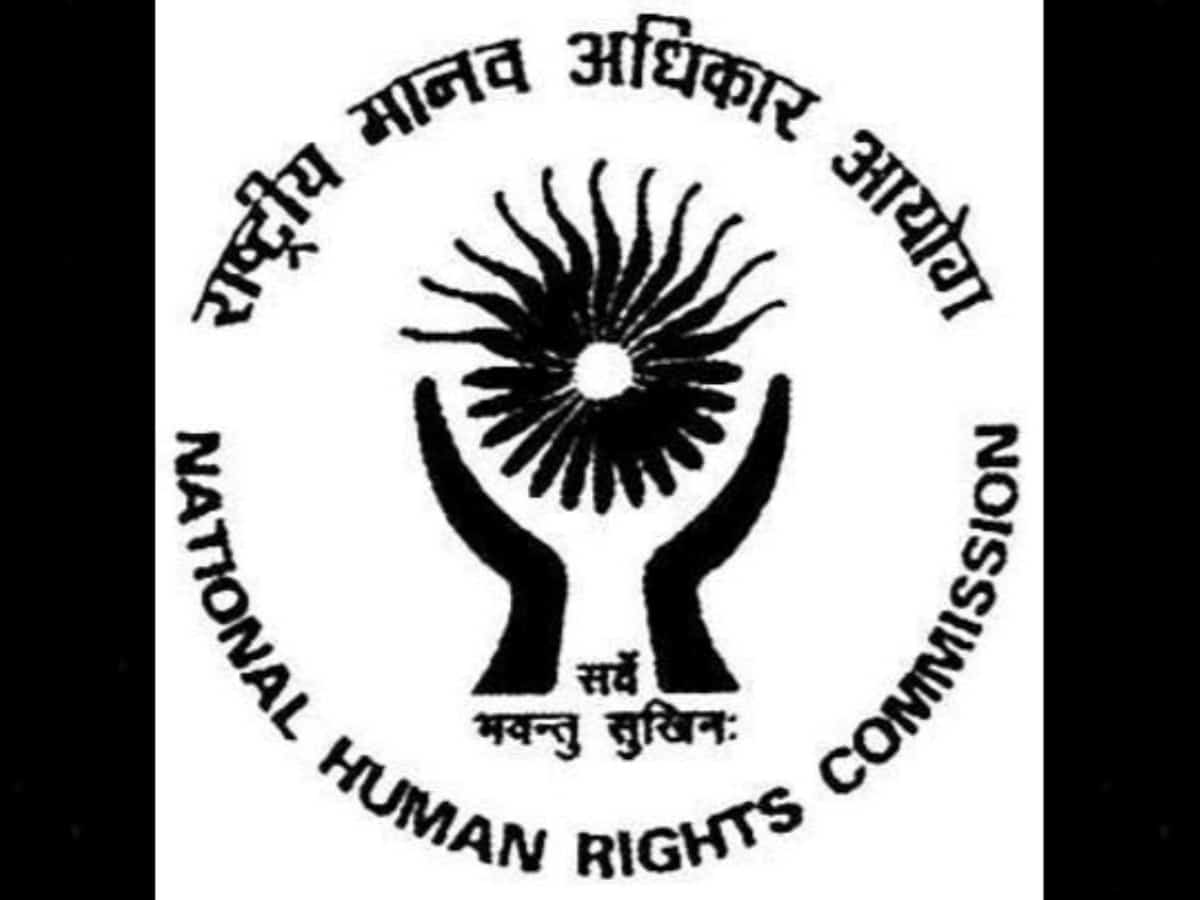
New Delhi: NHRC’s acting Chairperson Vijaya Bharathi Sayani on Friday invoked the case of alleged sexual harassment of women at Sandeshkhali in West Bengal, as she recalled some of the strong words the rights panel used in its scathing report after its on-spot inquiry into the matter.
She made the remarks while addressing an event to mark the 31st anniversary of the National Human Rights Commission (NHRC) at the Vigyan Bhawan here with Vice President Jagdeep Dhankhar present on the dais as the chief guest.
“NHRC has addresses a broad spectrum of human rights violations, including custodial deaths, bonded labour, exploitation of marginalised groups and denial of medical care,” Sayani said.
She also mentioned the case of alleged sexual harassment of women at Sandeshkhali in West Bengal’s North 24 Parganas district, and the findings of the NHRC’s inquiry report published in April this year.
“Recently, the NHRC responded to grave reports of harassment and sexual assaults against women at Sandeshkhali in West Bengal. An on-spot inquiry conducted by the NHRC revealed a climate of fear and intimidation that prevented the victims from seeking justice,” Sayani said.
The Sandeshkhali case assumed a political colour and turned into a full-blown controversy earlier this year, as a leader linked to the ruling Trinamool Congress in West Bengal was at the centre of the charges levelled by some of the alleged women victims.
In its report that was widely published in the media, the rights panel made the observation that the “atmosphere created due to the atrocities committed by the alleged accused persons rendered the victims silent”, while intimidation and terror made them “reluctant to seek justice”.
This “climate of terror” not only “perpetuates the cycle of abuse” but also underscores the urgent need to create a safe and supportive environment for victims to “break free from the shackles of silence”, it had observed.
The political face-off over the case between the Trinamool Congress (TMC) and the Bharatiya Janata Party (BJP) also took centre stage in the run-up to the 2024 Lok Sabha elections in West Bengal.
On Wednesday, the NHRC said in a statement that since its inception on October 12, 1993, till September 30, 2024, the commission handled 23,05,194 cases, including 2,873 which it took up suo motu, besides recommending the payment of monetary relief to the victims of human rights violations totalling more than Rs 254 crore in 8,731 cases.
Between October 1, 2023, and September 30, 2024, the commission disposed of 68,867 cases and recommended more than Rs 17.88 crore as monetary relief to the victims of rights violations in 404 cases, it added.
Pointing at the numbers, Sayani said that disposing of an “astounding” over 68,000 complaints shows the NHRC’s “commitment to justice”.
In her address, the NHRC acting chairperson also said that human rights are the cornerstones of a just society ensuring dignity, freedom, and well-being for all, besides empowering the marginalised to assert their entitlements.
“India’s progress as a nation is closely tied to its commitment to human rights, which is deeply embedded in our civilisation and enshrined in our Constitution. As a home to one-sixth of humanity, India is becoming a role model for the world in promoting individual dignity and freedom,” she said.
Stating that India’s rich cultural tapestry “showcases our strength and diversity”, Sayani said, “Respect to individual dignity is central to the Indian ethos rooted in ancient texts such as the Vedas and the Gita.”
The NHRC has conducted independent inquires, alongside addressing complaints, while investigating human rights violations in 30 cases over the past year, Sayani added.
The acting chairperson also shared that around the time of its inception in 1993-94, it had received only 496 complaints.
“As we celebrate our achievements, we must remain committed to uplifting the vulnerable groups and prioritising their human rights with compassion for their unique situations,” she said.
“Our strength lies in our unity in diversity guided by the ‘Manav Dharma’, placing humanity at the heart of our mission. The NHRC envisions a society where dignity and rights of every individual are respected, while promoting inclusivity and understanding,” Sayani added.
Later on Friday, the NHRC organised a national conference on “Rights of Older Persons” at the Vigyan Bhawan.
Delivering the keynote address, Sayani said elders are the “architects of our nation’s history, the keepers of our cultural heritage, and the pillars of our families”.
She said while there are laws and several government schemes to address the needs of the older adults, their effective implementation remains a key challenge.
Some of their needs that require immediate attention include ensuring access to affordable and quality healthcare services, recognising and addressing their mental health needs, adequate pension and social security benefits, affordable and quality housing, safety measures, and social support services, the NHRC acting chairperson said.
She also said that it is essential to strengthen and enforce anti-discrimination laws to protect the elderly persons from age-based discrimination in all aspects of life, including employment, housing, and healthcare.
“Implementing effective measures to prevent and address elder abuse, both physical and emotional, and ensuring that perpetrators are held accountable is also crucial,” she added.



